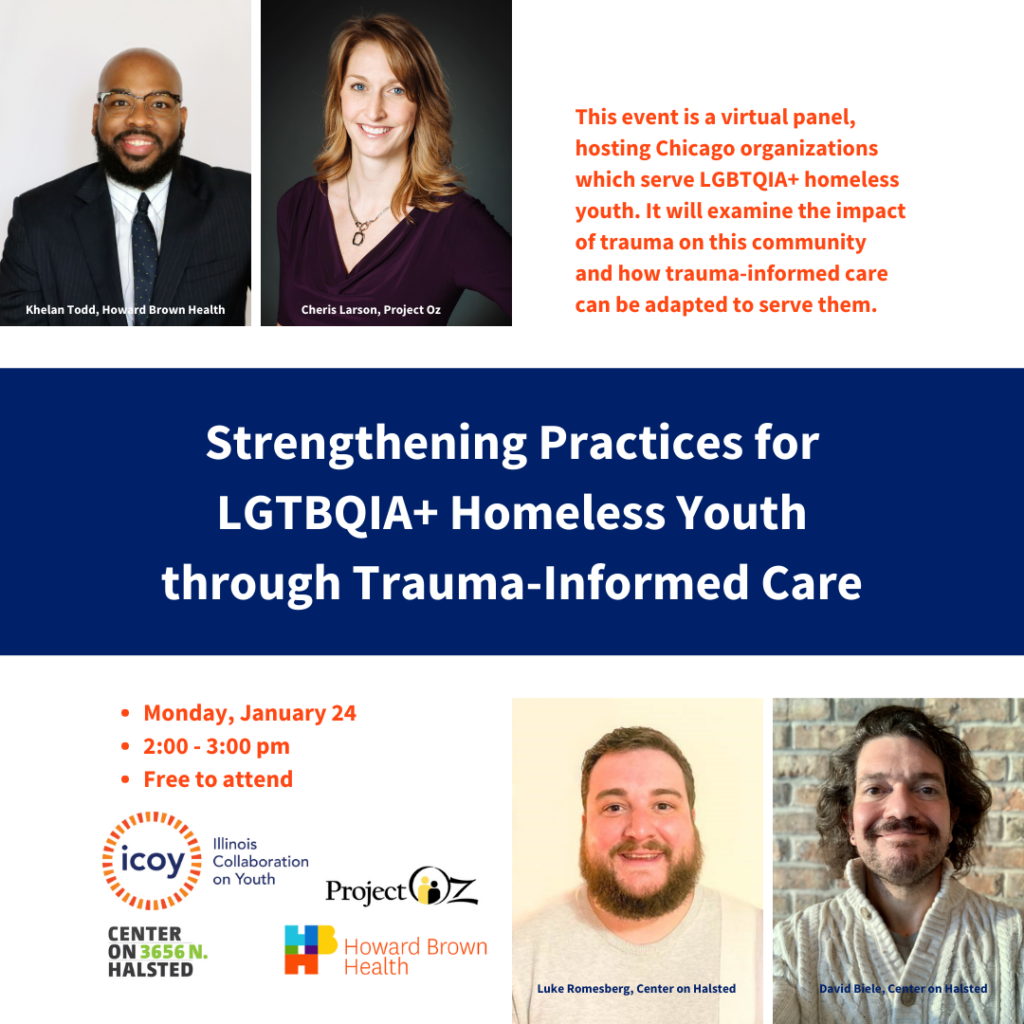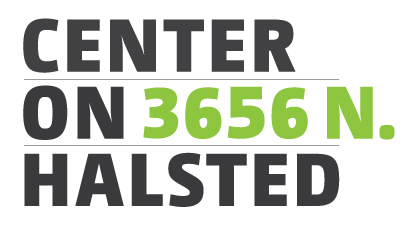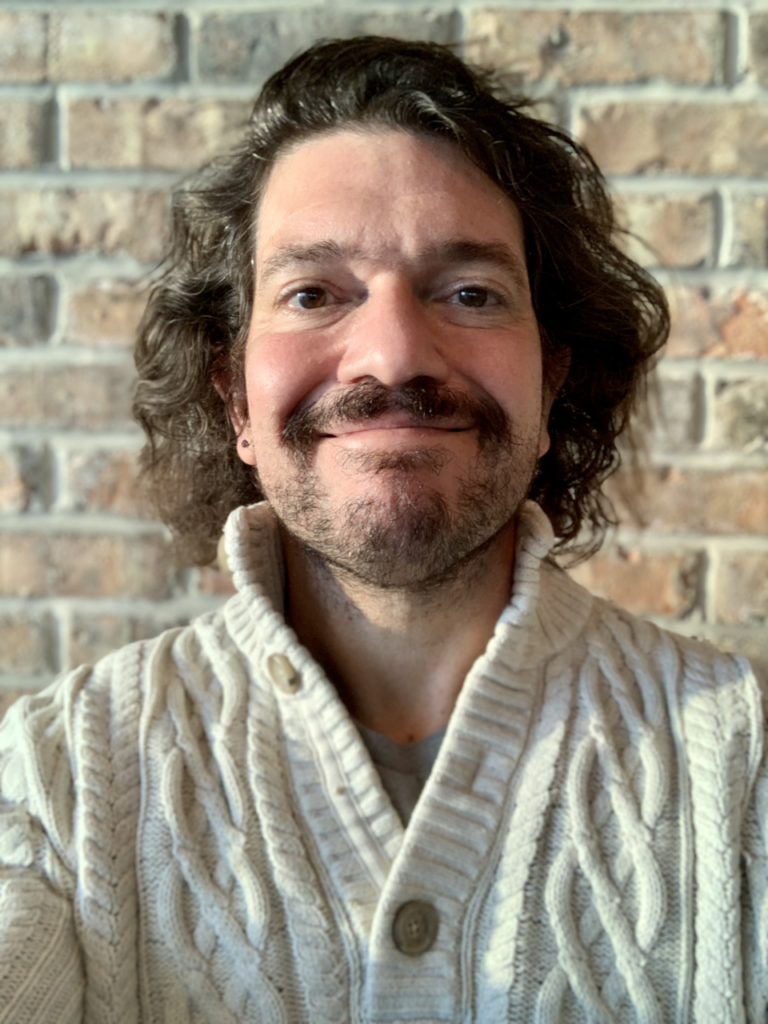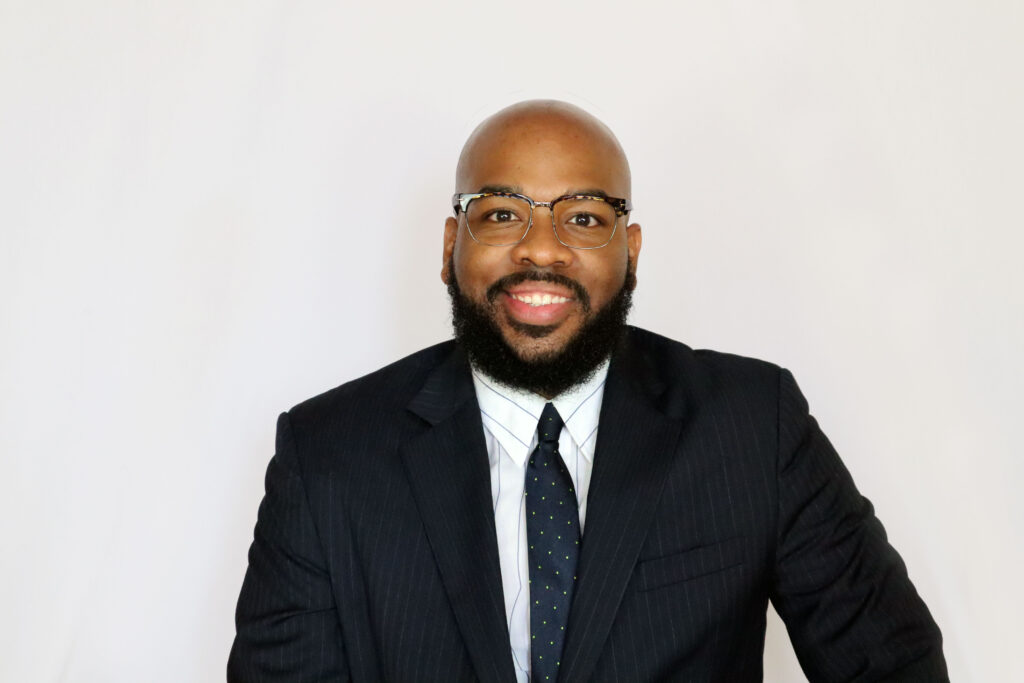Continuing the Conversation: LGBTQIA+ Youth Homelessness
Publisher: Emily Waskowitz

Recently, ICOY’s blog posts have detailed the importance of addressing LGBTQIA+ youth homelessness. This issue is a pervasive one, with LGBTQIA+ youth experiencing disproportionate levels of homelessness throughout the United States. On January 24, ICOY’s Trauma Team hosted, “Strengthening Practices for LGBTQIA+ Homeless Youth Through Trauma-Informed Care.” This panel gathered service providers from across Illinois. The panelists included Khelan Todd from Broadway Youth Center at Howard Brown Health, Cheris Larson from Project Oz, and David Biele and Luke Romesberg, both from Center on Halsted. Read more about the panelists in a previous blog post.
Accessing Care in Central Illinois
Each of these panelists work heavily with individuals and youth experiencing homelessness in their areas. Cheris Larson is based in Bloomington, while all other panelists are based in Chicago. As a provider in Central Illinois, Larson showcased the unique perspective of service provision in less urban areas. She noted that oftentimes individuals travel to Bloomington from larger cities specifically to seek care. In addition, Larson noted the importance of gender-affirming care, particularly for transgender and gender non-conforming individuals.
This resonated with ICOY’s Trauma Team Intern Emily Waskowitz, who moderated the event. Because of Waskowitz’s background working with unhoused communities throughout Chicago, they recalled a situation with a resident of a shelter. The resident was assigned female at birth. As a result, the shelter barred this resident from sleeping on the men’s side of the shelter. This incident was one of many which confirmed that services for those experiencing homelessness are oftentimes alienating to LGBTQIA+ individuals. This is entirely nonsensical, as LGBTQIA+ individuals are one of the most at-risk groups for experiencing homelessness.
Accessing Care With Intersectionality
In the panel, Luke Romesberg touched on this idea by highlighting ways in which intersectionality can complicate access to care. He noted the importance of recognizing privilege throughout LGBTQIA+ spaces. For example, Romesberg cited differences in privilege levels between a white, cisgender, gay man and a Black transgender woman. This recognition highlighted ways in which trauma can compound when an individual identifies with multiple marginalized communities.
Trauma in itself makes accessing care exponentially more difficult by acting as a barrier financially, physically, and emotionally. David Biele highlighted this, citing the difficulties that individuals sometimes face when seeking care at the Center on Halsted. For instance, the facility shares a waiting area with a neighboring grocery store. Biele noted that grocery store patrons sometimes are unwelcoming and unwilling to share that space with individuals seeking services. This is a prime example of the effects of discrimination on populations who are seeking care. Experiencing micro-aggressions while trying to access a service may be a traumatizing event. As a result, it may discourage individuals to return to a facility for fear of experiencing it again.
Ensuring Providers are Trauma-Informed
Furthermore, Romesberg and Biele’s insights reinforce the need for accessible trauma-informed care throughout all sectors, not just in service provision. Khelan Todd emphasized this need through a sobering reminder: human individuals carry out these services. Furthermore, the work diminishes in value if providers lack empathy and trauma-informed training. Todd highlighted Broadway Youth Center’s use of an integrated care model. This type of care model seeks to blend behavioral health services with social services, such as housing placements. Integrated care works to recognize the resiliency of youth, amplifying their voices by addressing the concerns that they raise. Additionally, it operates through a trauma-informed lens, recognizing that those seeking care are individuals with unique pasts and perspectives.
Ultimately, this panel served as an entry point into the examination of accessible housing services for LGBTQIA+ youth. In conclusion, the panel agreed that trauma-informed care and a focus on equity over equality is a vital step forward in creating safe spaces for LGBTQIA+youth experiencing homelessness.
ICOY Staff Contributions
Written by ICOY Trauma Initiatives Intern Emily Waskowitz. Editing contributions by ICOY Assistant Executive Director Sarah Daniels and Communications & Marketing Manager Melissa Franada. Find more information on the ICOY Staff.
Resources
- Previous blog post: Homeless and Runaway Youth, November 2021
- Policies Impacting LGBTQIA+ Homeless Youth, provided by the ICOY Policy Team













